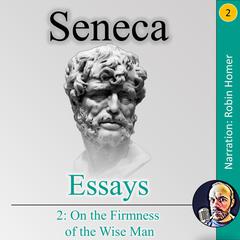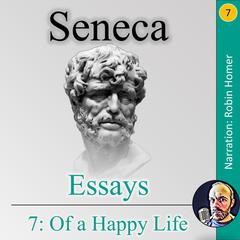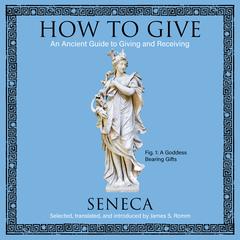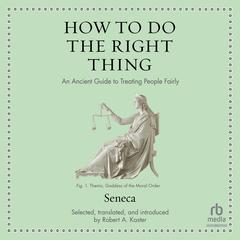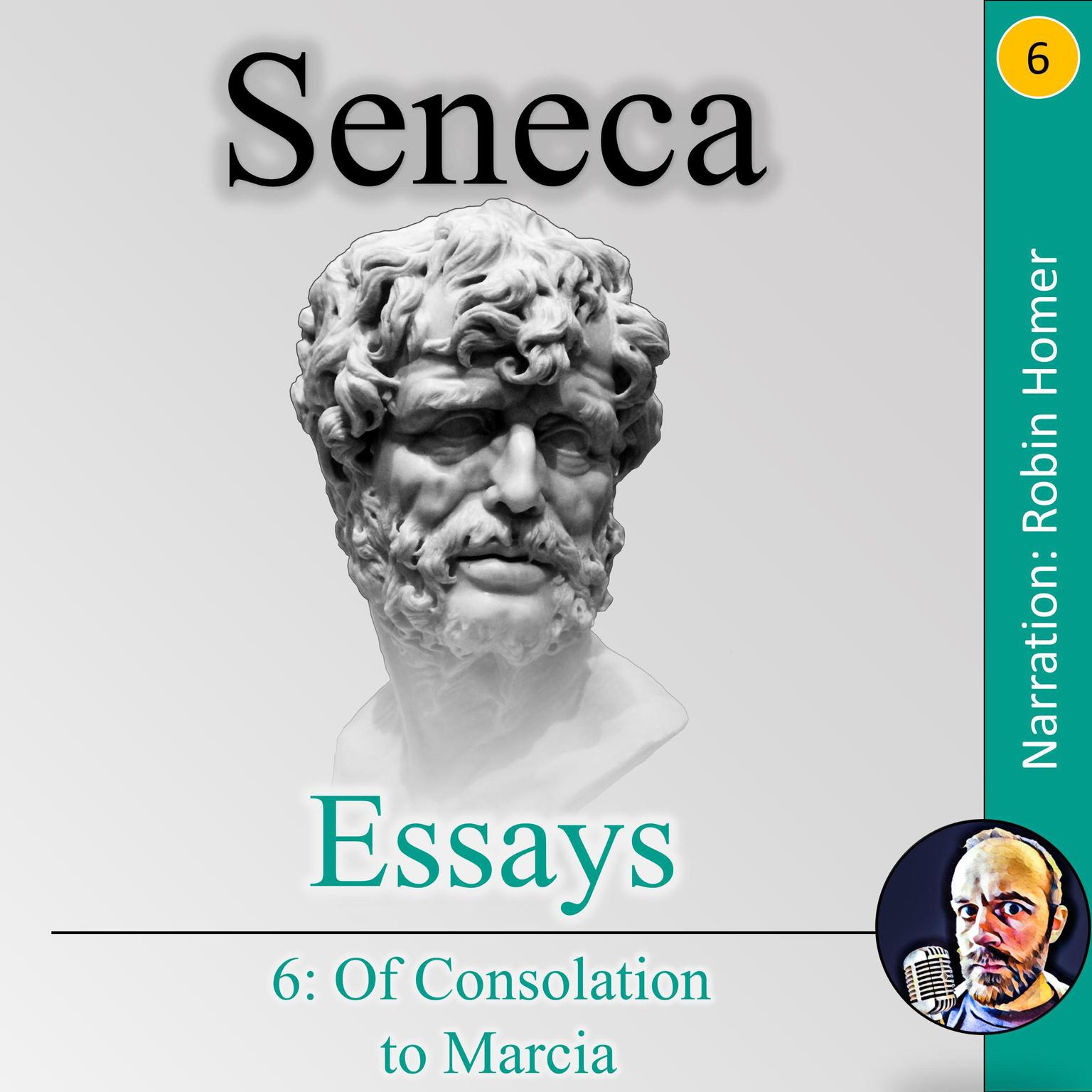 Play Audiobook Sample
Play Audiobook Sample
Essays 6: Of Consolation to Marcia Audiobook
 Play Audiobook Sample
Play Audiobook Sample
Quick Stats About this Audiobook
Total Audiobook Chapters:
Longest Chapter Length:
Shortest Chapter Length:
Average Chapter Length:
Audiobooks by this Author:
Publisher Description
Marcia actively mourned the death of her son Metilius for over three years. In Of Consolation to Marcia, Seneca attempts to convince her that the fate of her son, while tragic, should not have been a surprise. She knew many other mothers who had lost their sons; why should she expect her own son to survive her? The acknowledgement, even expectation, of the worst of all possible outcomes is a tenet of Seneca's Stoic philosophy. While Seneca sympathised with Marcia, he reminded her that "we are born into a world of things which are all destined to die," and that if she could accept that no one is guaranteed a just life (that is, one in which sons always outlive their mothers), she could finally end her mourning and live the rest of her life in peace
Translation by Aubrey Stewart and produced by Vox Stoica
Seneca's Essays Series:
1) Of providence – addressed to Lucilius
2) On the Firmness of the Wise Man – addressed to Serenus
3-5) Of Anger (Books 1-3) – addressed to his brother Novatus
6) Of Consolation – addressed to Marcia
7) Of a Happy Life – addressed to Gallio
8) Of Leisure – addressed to Serenus
9) Of Tranquillity of Mind – addressed to Serenus
10) On the Shortness of Life – addressed to Paulinus
11) Of Consolation – addressed to Polybius
12) Of Consolation – addressed to Helvia
Download and start listening now!
Essays 6: Of Consolation to Marcia Listener Reviews
Be the first to write a review about this audiobook!
About Seneca
Seneca was a Stoic philosopher, statesman, and playwright. He was the tutor and advisor of Emperor Nero before he was forced to drink poison for allegedly having aided in an assassination attempt against the emperor. He is best known for his letters and essay on moral issues as well as his tragedies, including Medea and Phaedra.







